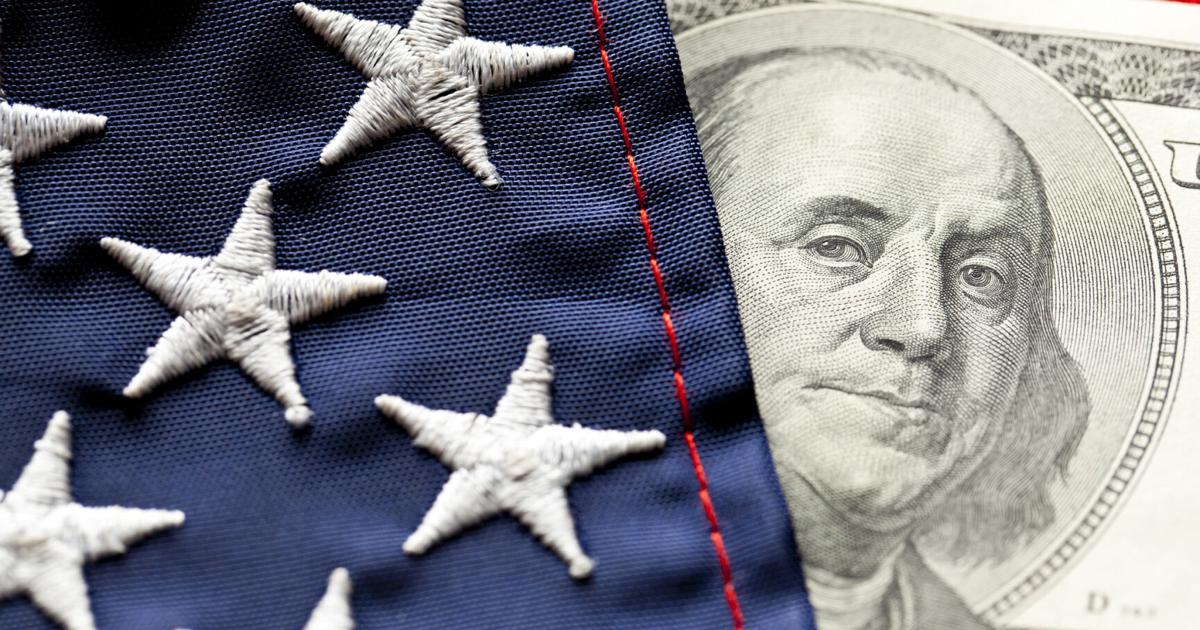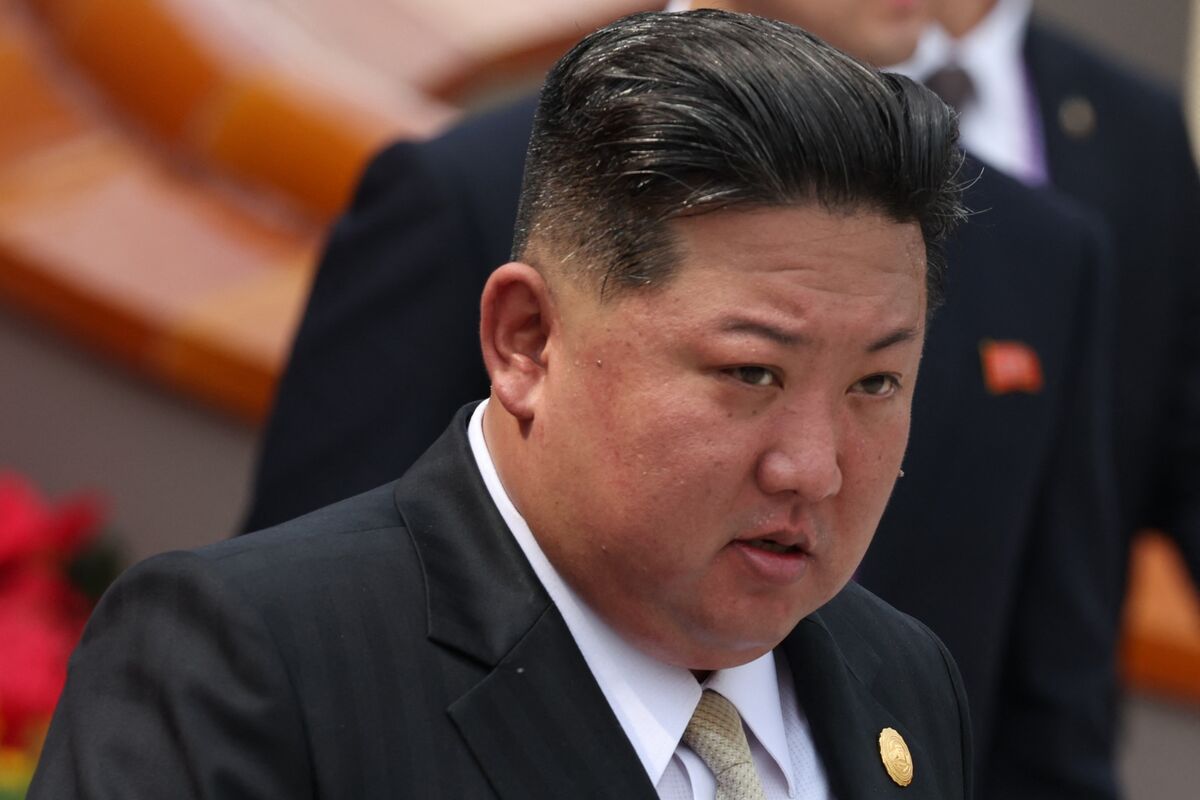By Bill Oxford — Getty Images,By Bill Schmick
Copyright berkshireeagle

The latest rumored acquisition will be a 10 percent stake in Canada-based Lithium Americas. The Trump administration is considering the stake as part of negotiations over a $2.26 billion Department of Energy loan for the company’s lithium project in Nevada. Expect more of the same as Washington intervenes in industries that it considers critical to national security.
Many would have you believe that today’s shift toward state capitalism is sudden, unwarranted, and autocratic. However, for countless decades, this country has had a long and varied history of intervening in the American economy when it deems necessary.
The difference this time around is that Donald Trump is running roughshod over the consensus-building process that the country has historically required to legislate this kind of interference in the economy. For better or worse, depending on your affiliation, he is ignoring the rules and regulations that have both acted as guardrails and barriers to the kind of rapid-fire change we are experiencing today.
Others believe that the constant stream of executive orders occurring now is long overdue. To many, the U.S. is simply recognizing and responding to the fundamental transformation that has happened and is ongoing in this ever-changing world. We have exited a past that no longer applies, in exchange for what many hope is a promising new future.
At the same time, the role of government, in the view of a large segment of the population, has also undergone significant changes. According to numerous polls, many in the younger American generation believe that the economic and political systems in the U.S. no longer serve their interests in this rapidly changing set of circumstances. These are the victims of globalization, the 2008 Financial Crisis, the COVID pandemic, and the widening income inequality.
I suspect that if asked, they might want their government to do even more in the years ahead. Many would like to replace what they see as the “Deep State” with government programs that will narrow income inequality, while at the same time preserving private ownership.
The downside of state capitalism is well known. Centrally planned economies of the Chinese variety usually get it wrong. Granted, we are still a long way from that particular model of control, but we are certainly moving in that direction. In many instances, government control reduces economic efficiency. That often leads to slower economic growth. Innovation and entrepreneurship suffer, replaced mainly by cronyism and corruption. Long-term results give way to short-term fixes.
Just last week, for example, the government invoked its golden share ownership of U.S. Steel (a condition of Nippon Steel’s purchase of the company) to block the closing of the company’s Granite City plant in Illinois. According to management, the work done at the plant should be transferred to more efficient locations; however, the government disagreed.
The 10 percent stake in Intel, engineered by the administration (after threatening to fire its CEO), has set into motion several interesting transactions involving other companies with ties to the government. Some question why Nvidia, the premier global semiconductor giant, suddenly decided to invest $5 billion in this troubled semiconductor company, when other companies might make more business sense. This deal occurred after Nvidia and Advanced Micro Devices agreed to pay the Trump administration a portion of their sales from artificial intelligence to China.
This week, the government announced a U.S.-based joint venture with investors to take control of TikTok, a Chinese-owned platform with 170 million American users. The deal coveted by nearly every media company in the U.S. ultimately fell into the hands of Oracle, among others. Oracle, run by its billionaire founder, Larry Ellison, is a close personal friend of the president. Over the weekend, the administration also announced sudden changes to the H-1B visa program that will directly impact many of the nation’s largest technology companies.
The H-1B allows immigrants with highly specialized skills to work in the U.S. when companies cannot find U.S. citizens to perform the same job. The government, citing concerns that many companies abuse this program, is considering a one-time charge of $100,000 (up from $2,000) to obtain such a visa. This has thrown many companies, especially in the tech sector, into turmoil.
It is interesting to note that the Chinese, who followed this same path years ago, are now wrestling with the downside of many of the same issues today. As such, government officials over there are moving to liberalize many conditions and regulations. They are relinquishing more control to the private sector as a result. At some point in the future, it is entirely possible that the Chinese and American brands of state capitalism may converge.
The advent of artificial intelligence promises both great opportunities and significant challenges for the future. As time passes, government intervention might steadily increase to safeguard the labor market. Legislators could direct AI initiatives toward areas perceived as most productive. However, history indicates that, over time, in this country, the pendulum swings from right to left, and economic systems tend to oscillate between more and less government involvement. Intervention follows a crisis, which is then followed by liberalization. Inefficiencies become apparent and market forces reassert themselves. We have seen this happen repeatedly in this country. Exactly when and how long it will take is the real question.



